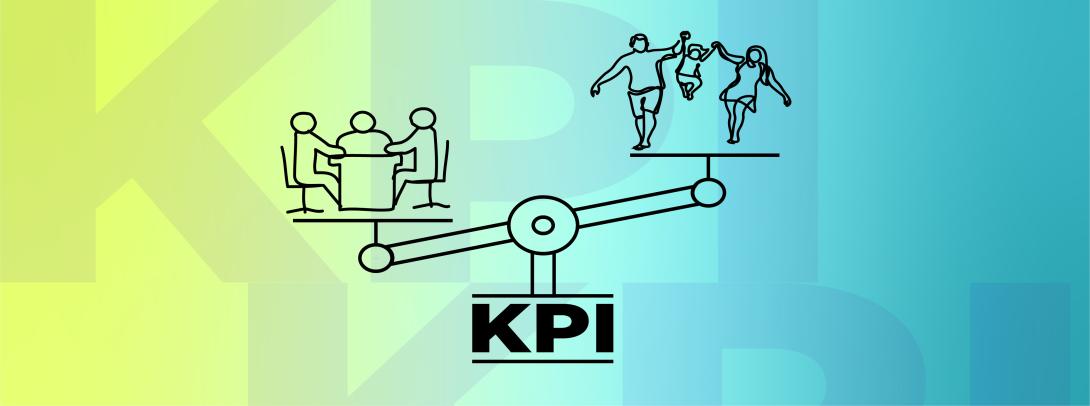Performance incentives - a reward system tying pay to performance - is a well-known strategy for boosting worker productivity in many companies. But new research has found that such incentives not only affect workers’ behaviors on the job, but also during their off-hours.
Julia Hur, NYU Shanghai Assistant Professor of Management, and her colleagues, Ashley Whillans, Harvard Business School Assistant Professor of Business Administration, and Alice Lee-Yoon, a graduate student at University of California Los Angeles (UCLA), shared their findings earlier this summer in the leading management journal, Organizational Behavior and Human Decision Processes.
Through five empirical studies, they found that people who are working under performance incentives tend to spend more time with colleagues who can help improve their work performance, at the expense of time with family and friends. Such trade offs, Hur and her colleagues argue, may have negative effects on personal well-being.
“Since work takes up a big part of our limited time, there’s always a trade-off between spending time on work-related tasks versus on personal tasks, like should I go to a networking event or a family picnic,” Hur said. “Therefore, we were curious about what kind of effect the incentive systems have on people's decisions on social interactions, including how you allocate time to your social relationships not only at work, but also outside work. We hypothesized that the attentional focus that performance incentives create can cause you to prioritize the relationships in life that will help you make more money.”
The research team asked study participants to choose, rate, or plan how much time they would invest in work (vs. personal) relationships when working under different kinds of incentives.
In the first study, they surveyed over 500 participants with either performance-based or participation-based (e.g., fixed salaries) pay and asked them to choose whom they would choose to spend time with in five common scenarios (e.g., Would you go to a happy hour with colleagues or your friend’s birthday party). Results showed that people who earned performance-based rewards were more likely to prioritize time with colleagues over time with family and friends.
In the second study, 400 participants assigned to either performance-incentive or participation-incentive conditions were asked to rate the perceived instrumentality - the degree to which another person is helpful in achieving better performance and higher rewards - of their work ties and their willingness to prioritize work ties over personal ones. The results confirmed that performance incentives on the prioritization of work ties was partially driven by the perceived instrumentality of work colleagues.
Researchers further manipulated perceived instrumentality in the third study by varying task interdependence, the extent to which participants relied on colleagues to maximize rewards. With the type of incentive as another variable, 801 participants were assigned to four conditions (high or low task interdependence; performance or participation incentive). By analyzing their rating on perceived instrumentality of colleagues and willingness to prioritize work ties, task interdependence was found to moderate the effect of performance incentives, which confirmed the effect of performance incentives depended on how useful one's work ties were in maximizing monetary rewards.
The results were then replicated in a decision-making setting in the fourth study where participants were asked to decide how much time they would allocate to team members in a group task to solve LEGO puzzles. Researchers found that people working under performance incentives chose to spend more time with colleagues who were instrumental for their money-making goal to discuss task-related issues.
Beyond survey and experiment responses, Hur and her partners also studied the actual time people spent on social interactions in daily life and explored the emotional consequences of choosing work ties over personal ties. The team analyzed data from the 2010–2015 waves of the American Time Use Survey, finding that again, people who received performance incentives spent less time with friends and family than those who received participation incentives. However, people working under both performance-incentive and participation-incentive systems derived greater happiness from socializing with friends and family than socializing with colleagues. This led the group to conclude that workers who spend more time with colleagues might experience lower levels of happiness.
Hur said her findings may also have implications for company policies with regard to work life balance. “Some people may argue that money and promotion can also bring happiness. But that instant gratification is not as stable and continuous as what close relationships can bring to us. So companies should keep in mind the importance of good work-life balance when implementing incentives at work.”
The research team is now digging deeper into the influence of performance incentives on the quality of social relationships. “When you look at your colleagues through the lens of instrumentality, it might be hard to build authentic, true friendships,” Hur explained.


